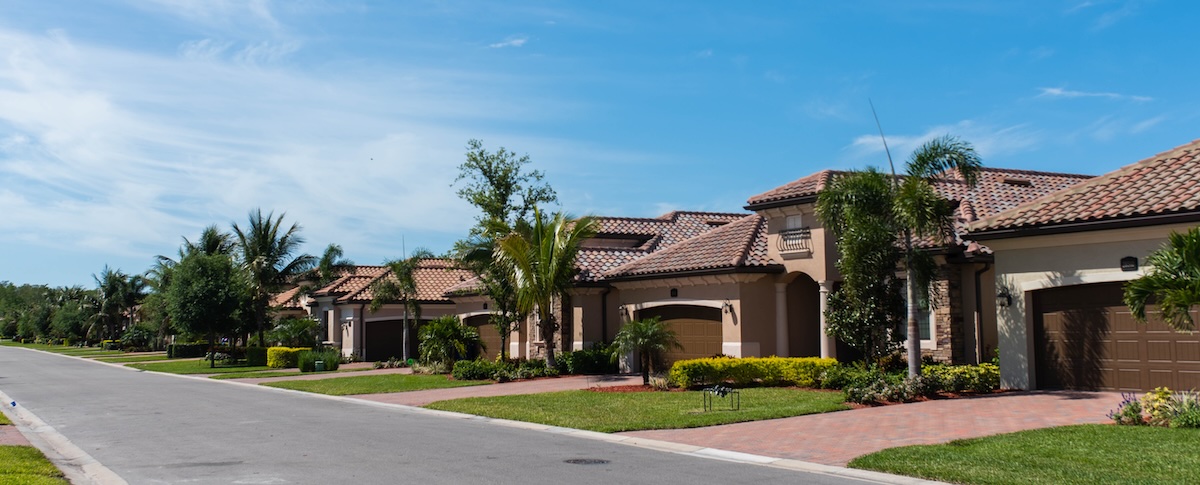Legal & Regulatory
2024 Rent Moratoriums & Extensions: Eviction Laws Landlords Should Be Aware Of
Last Updated Dec 14, 2023


Last updated: DEC 2023
COVID-19 caused financial hardship for a lot of Americans. This put a huge number of renters at risk of losing their shelter during the public health crisis, so laws were introduced to stop it. Known as rent moratoriums or eviction moratoriums, these measures have prevented landlords from evicting tenants for not paying rent if financial hardship is linked to the public health crisis.
The federal eviction moratorium ended back in 2021. But many states, counties and cities created eviction hardship extensions at a local level and introduced new protections for renters.
In California especially, there are now many overlapping rules at play. This can make it difficult for landlords to know their rights when a tenant stops paying rent. This article will go over how rent moratoriums work, as well as which cities and counties still have measures in place across California, Washington state and Florida.
Are there still rent or eviction moratoriums in California?
In 2023, eviction hardship extensions were in place in Alameda County, City of Berkeley, LA County, City of Oakland, and San Francisco. This caused great confusion to many landlords, particularly in areas where county measures expired, while local city ordinances remained in place. One such example is San Leandro. Although Alameda Country orders ended, San Leandro’s Eviction Moratorium was initially extended until February 28, 2024. This would have made it one of the longest in the country, but a call was made to end it six-months early, expiring in July 2023.
Rent Increase Moratoriums in place in California in 2024
City of Oakland
A Rent Increase Moratorium remains in place until July 1, 2024. Under Oakland's Rent Increase Moratorium, annual rent increases are capped at the CPI or 3% (whichever is lower), with no pass-throughs (petition approved rent increases, such as for capital improvements) or banking. After June 30, 2024, homeowners will be able to collect on any approved increase as well as banked increases (within the Ordinance and state law restrictions).
For evictions based on nonpayment of rent accrued during March 2020 - July 2023, tenants can’t be evicted if the unpaid rent was due to documented hardship caused by the COVID-19 pandemic. You also can't evict someone for owing less than one month of HUD fair market rent.
For any lease violations, landlords must show that the breach is based on a reasonable term that the tenant accepted in writing.
City of Los Angeles
Annual rent increases for rental units subject to the City of Los Angeles Rent Stabilization Ordinance (RSO) are prohibited before January 31, 2024. Between February 1 - June 30, 2024, a 4% rent increase has been approved. An additional 1% for gas and 1% for electric service can be added if the landlord provides the service to the tenant. State law requires landlords to provide an advance 30-day written notice for rent increases of less than 10%.
For tenants who rent a Single Family Dwelling, they may be eligible for relocation assistance if they receive a rent increase of more than 10% within 12 months and are unable to afford the new amount. Details and amounts are outlined here.
Laws in California are changing: From new rules on security deposits and evictions to tenant screening, find out 5 major changes that Californian landlords need to be aware of in 2024.
Is there still a moratorium on evictions in Washington state?
The state of Washington no longer has a state-wide eviction moratorium for COVID relief, however Seattle has additional protections in place for renters. This includes limitations on evictions of teachers, school employees and families with children during the school year (September - June). Check the Renting in Seattle site for further information.
Is there still a moratorium on evictions in Florida?
No, there is no local moratorium on evictions in place in Florida. You can stay up to date on housing legislation, programs and rent limits at Florida Housing Finance Corporation.
Can you evict a tenant after the eviction moratorium expires?
Eviction moratoriums only created a pause on evictions for certain causes such as financial hardship. If you have a resident who is still in arrears once the ban has ended, you are within legal rights to evict them. Other valid reasons also still apply, such as violations of lease terms and conducting criminal activity on your property.
In this instance, you will need to gain legal advice or speak to your property manager to find out what your costs and protections are. Many property management companies offer “eviction protection”, yet if you read the fine print, they often amount to coverage of around $500 in legal fees. Many property managers also charge fees for oversight of any legal proceedings such as documentation, filing and court appearances.
If you place your home on Belong instead of a property management company, you can rest easy knowing that we will place a top-quality resident that we trust to care for your home. In the worst case scenario, if a resident that Belong placed did stop paying their rent or violated their lease agreement, we will support homeowners by covering legal costs up to $15,000. This doesn’t apply to tenants placed by you or a property management company unless we have also qualified the tenants.
How landlords can protect cash-flow with guaranteed rent
The pandemic didn’t just affect renters. Not all landlords are wealthy investors or corporations, with many individual homeowners facing their own financial hardships when rent goes unpaid.
To protect from the unknown or periods of nonpayment, landlords need to secure their cash flow. Belong has two unique solutions to help homeowners stay cash-flow positive:
1. Guaranteed Rent
Belong homeowners automatically receive guaranteed rent, ensuring all income is received on time — even if residents fall behind. Learn more about guaranteed rent here.
2. Split It Financing
If household costs from your rental sneak up on you, Belong can take the pressure off finding extra cash in your budget. From maintenance to insurance costs, Belong’s Split It financing option lets you spread the cost over the term of your lease agreement. You still get paid guaranteed rent, minus the cost of the repayment, keeping you on track. Learn more about Belong’s flexible payment solutions here.
Belong guarantees rent and offers eviction assistance
Instead of worrying about changing regulations and nonpayment of rent, let Belong take care of everything. Belong PRO homeowners, earn guaranteed rent, with rent paid every month, even when residents fall behind. And in the unlikely case that a resident that we’ve chosen needs to be evicted, we’ll even offer $15,000 in eviction protection costs.
Visit our local pages to learn more:
San Francisco Property Management
Los Angeles Property Management
Jacksonville Property Management
Disclaimer: We don’t enjoy using words like ‘landlord’ and ‘tenants’. We refer to members in our network as homeowners and residents, since we’re on a mission to upend and redefine the traditional landlord-tenant relationship. That said, this article requires the use of these terms for clarity on legislation and eviction protections, so they will be used interchangeably. This article provides a guide for homeowners, but should not replace legal advice. Every eviction case is unique, so a lawyer can help remedy your exact situation
About The Author
Melanie Kershaw
Mel Kershaw is a Content Lead at Belong. With an extensive background working with technology companies including Eventbrite and Yelp, she’s always looking for ways to create educational and informative articles that simplifies tech and solves problems for her audience.




